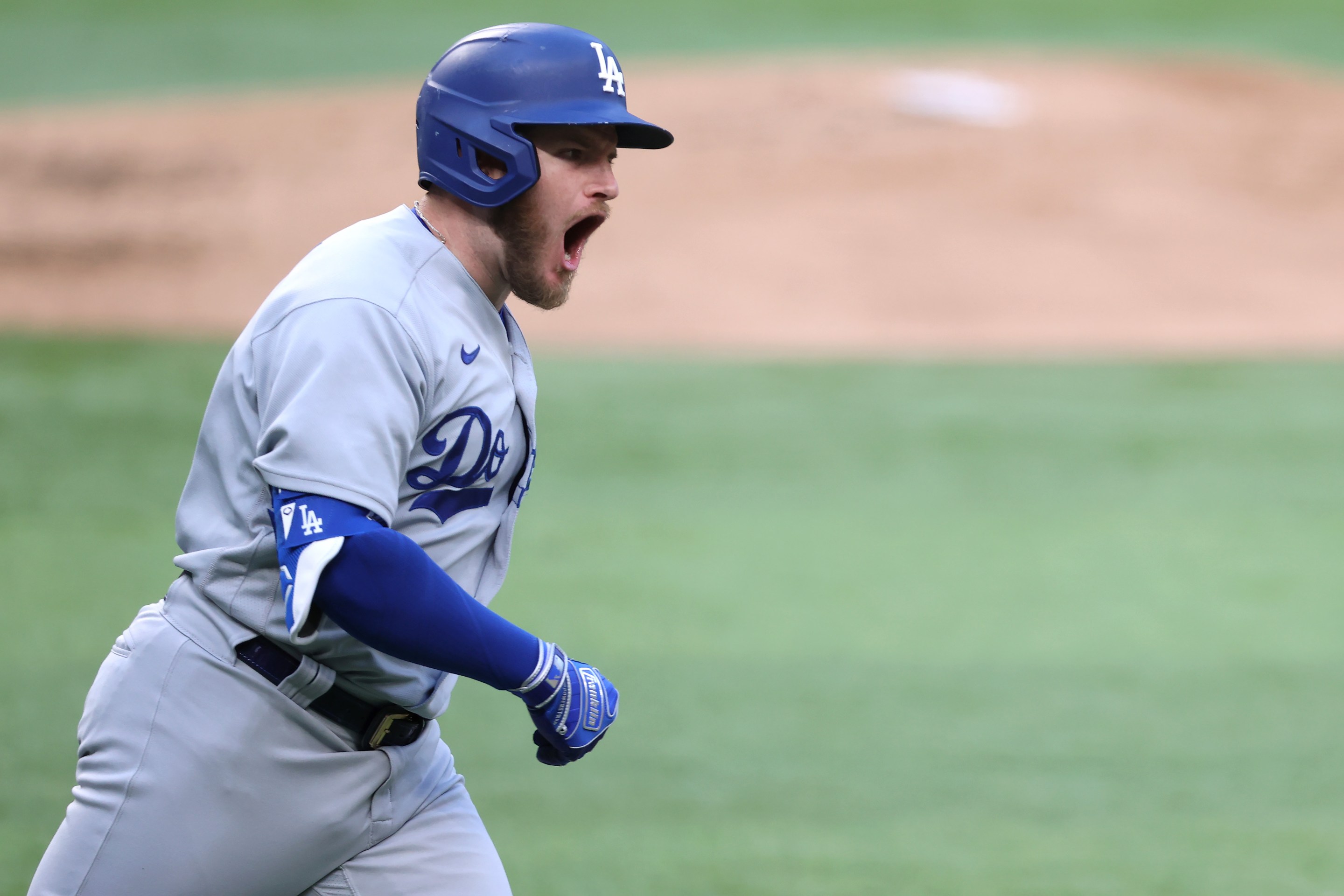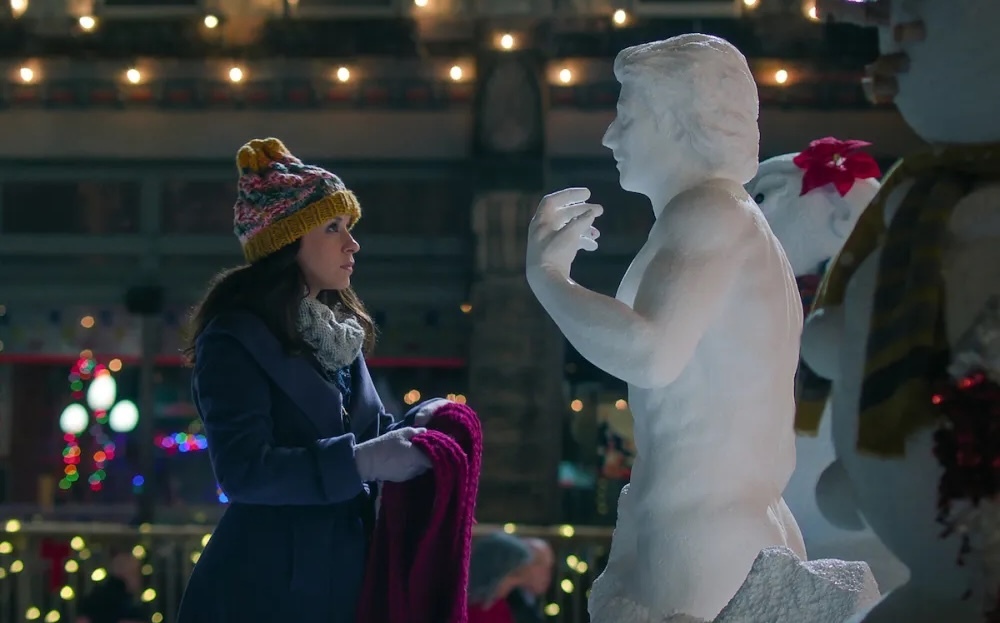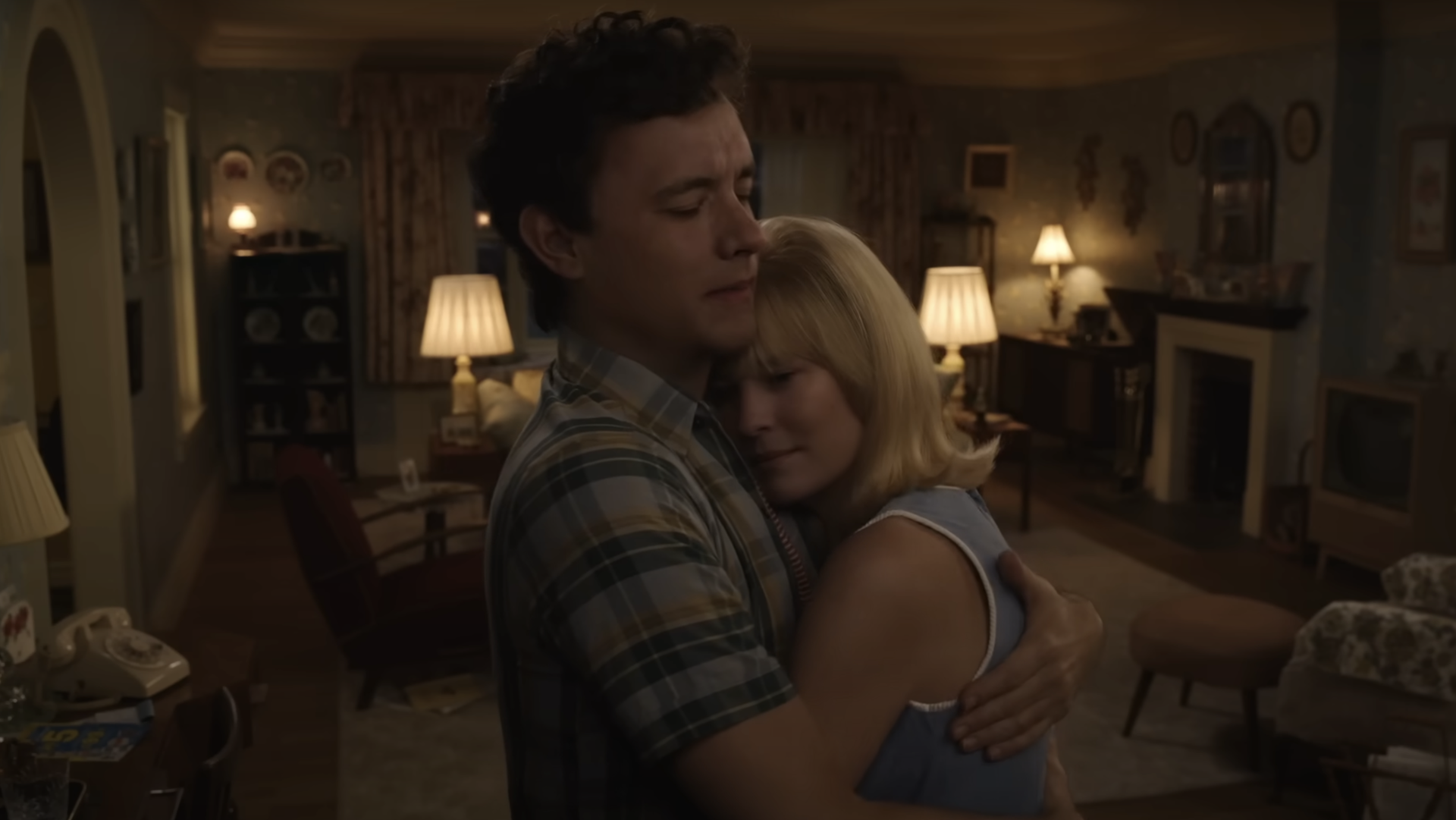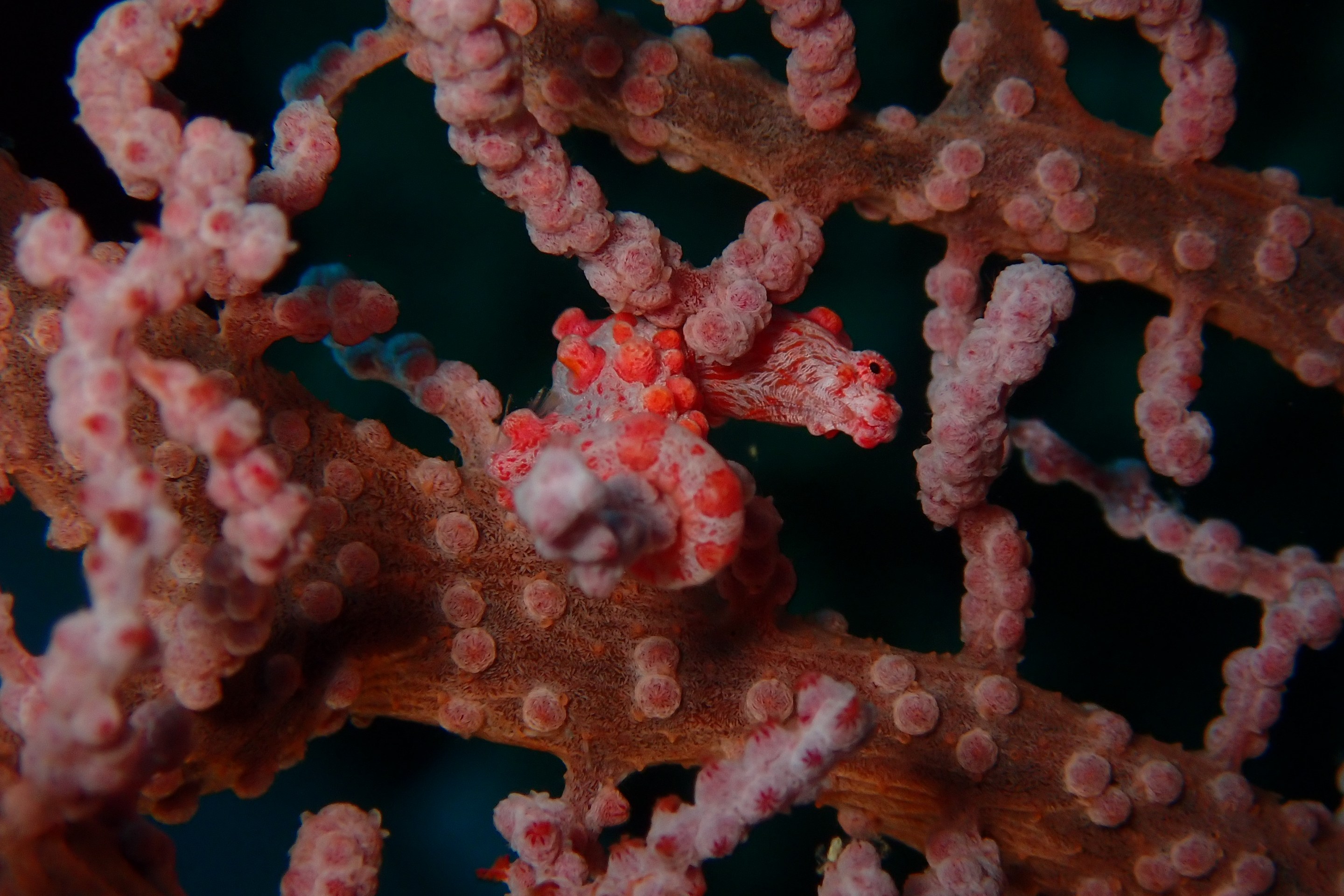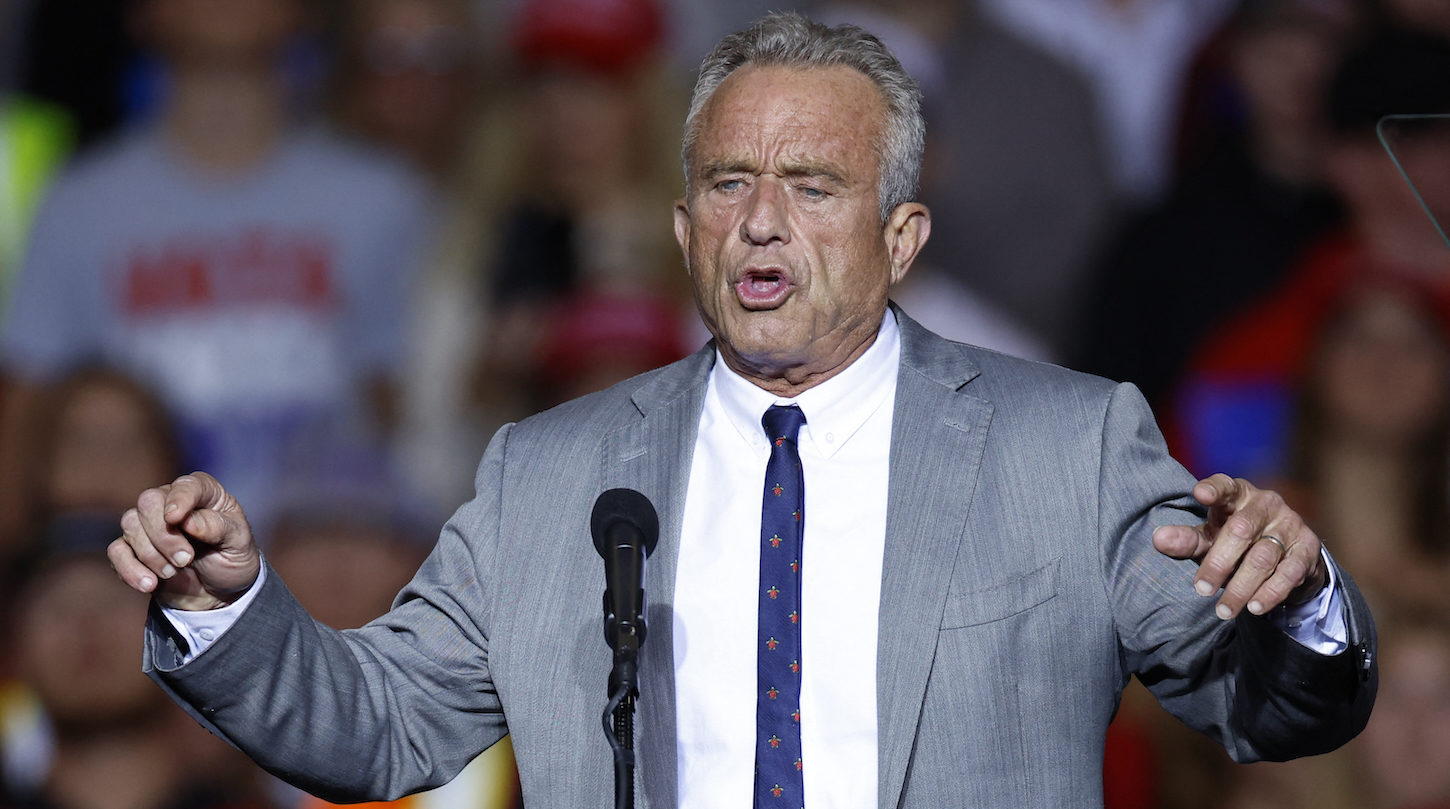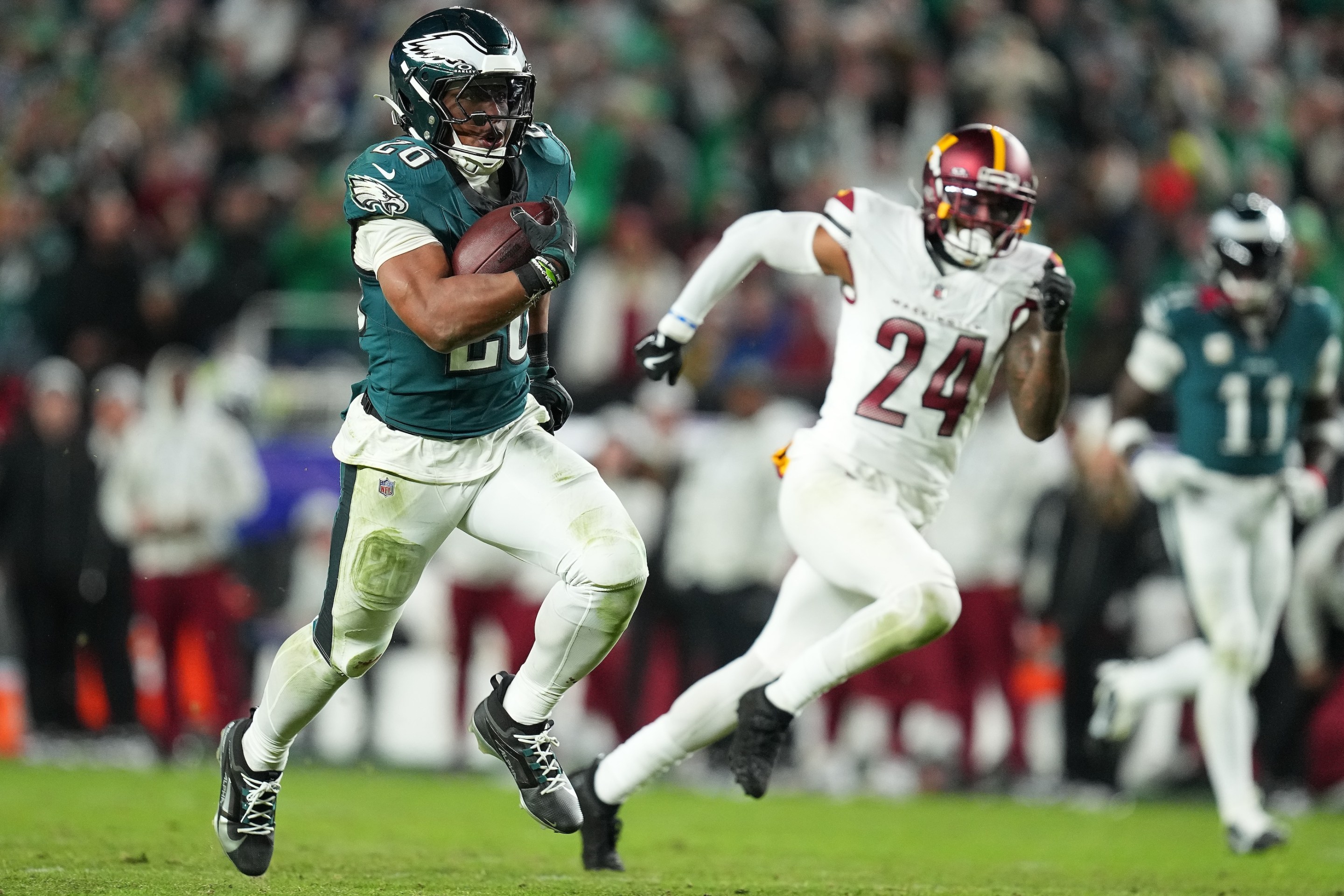The Dodgers whooped the ever-loving bejeezus out of the Atlanta Braves Wednesday night, 15-3, to get on the board in a National League Championship Series that over the first two games looked too much like a Braves cakewalk. If you blinked you missed the competitive portion of this game: Dodgers hitters knocked in 11 runs during a 32-minute top of the first, and that was that. And that sort of efficiency in a high-leverage game gets an emphatic "heck dang yeah" from me.
Before the late innings of Atlanta's Game 2 win the night before, this series was shaping up into a laugher. The Braves scored 12 of the first 13 runs in the NLCS, across nine innings of Game 1 and six and a half innings of Game 2. The Dodger bats finally came to life in the bottom of the seventh, ultimately too late to change the outcome but with enough sudden fireworks to provide hope for a more competitive showing over the remainder of the series. Dave Roberts preached the dreaded "one day at a time" approach ahead of Game 3, but the Dodgers had to know that another humiliating vanishing act in the postseason would likely spell significant organizational changes, perhaps starting with the manager himself.
To make matters worse, Roberts found himself defending his bullpen usage after Game 2, which is the sort of thing that sticks to a manager after bad postseason flame-outs. Roberts's decision to leave in a fading Tony Gonsolin, making a spot start in place of the ailing Clayton Kershaw, to face the top of Atlanta's order in the top of the fifth inning backfired, and the Braves broke open a three-run game by tacking on another couple insurance runs. Roberts finally went to his bullpen to save Gonsolin from having to face Freddie Freeman with a runner on, but instead of going with Adam Kolarek and the lefty-lefty matchup, Roberts called in righty Pedro Baez, who promptly allowed a run-scoring single. It was that dang pesky three-batter rule, according to Roberts:
With one out, you don’t want Kolarek to get [to the batters] after Freeman, whether it’s Acuña or whether it’s Ozuna behind him. So you’re put in a tough spot with that three-batter rule. And then also, I felt Tony was throwing the baseball really well. He punches Riley and then it wasn’t a good walk to Markakis. He put together a good at-bat and then the walk there, and then there was a ground-ball double off Pache’s bat. So when it’s 3-0 right there to think about bringing in one of your highest-leverage relievers in a three-run deficit, it just doesn’t make sense.
Dave Roberts, via Dodger Nation
Point is, the pressure was on. The Dodgers were starting to develop that smell, the curdling that comes when shit starts going wrong and decisions start to look eminently second-guessable. Another few innings of this bad-feeling stuff Wednesday night and the Braves would've been functionally out of reach. I'm not saying the Braves are necessarily the bad guy in this series—not yet, anyway—but the crushing Dodgers exit has become too dependable a part of the baseball calendar. As a neutral fan, it would be nice to see several Dodgers finally get over the hump. First, though, just having a real NLCS would be nice. That's why what happened to the first two pitches of Wednesday night's Game 3 felt so satisfyingly like air rushing out of a balloon. Mookie Betts started the game with a first-pitch infield single; Corey Seager ripped the very next pitch to deep left center, and the Dodgers were on the board. Hell yeah, here we go. And then, mere moments later: OK, well, there it goes. In a matter of minutes, the whole thing became very stupid and delightful. Somewhere in there Max Muncy socked a grand slam. It was all very satisfying.

Julio Urias, who got the start for L.A. in an absolute must-win situation, enjoyed the breezy tailwind of that 15-run offensive explosion and coasted through five innings of one-run ball. Kershaw, who was scratched from a start in Game 2 due to back spasms, is now a "likely possibility" to start Game 4. Things appear to be coming together for the Dodgers, who led all of MLB in runs scored during the regular season and made easy work of the Padres and Brewers to get to this stage. Where they appeared recently to be headed for another meltdown, now they have relocated the pressure onto the shoulders of their opponents. Pounding a team perfectly flat in two innings will do that sort of thing. It will also give certain bloggers an opportunity to catch up on their sleep! Everyone wins.
The 2020 MLB playoffs have taken shape as a series of battles between good and evil. The Padres, rest their precocious souls, were a clear and pure force for good. The Astros, dirty cheaters who offend all that is pure and righteous by not immediately setting a fire in their flesh like the heathen kings of old, are bad. The Rays, by virtue of opposing the Astros in the ALCS, and despite being perennial cheapskates whose theory of baseball involves bargain shopping for undervalued productivity and being willing in all cases to suck and lose, have been temporarily deputized as good guys, until such time as they are in direct competition with someone more virtuous. I don't make the rules.
The Dodgers, as a likable hard-luck case and a willing spender of real money on good players, are the most good and least evil team left on the board. They were on the ropes, and now they've got a win in their pocket and 22 runs to show for their last 12 innings of work. The Braves, this time without a stadium full of tomahawk-chopping goons calling down humiliation from the very cosmos, managed to outdo last season's epic 10-run first-inning meltdown against the Cardinals and set a new MLB postseason mark for runs allowed in a single inning. 2020 hasn't delivered many smiles—Wednesday night it delivered a hearty chuckle, a fist pump, and an early bedtime. Hell yeah.
